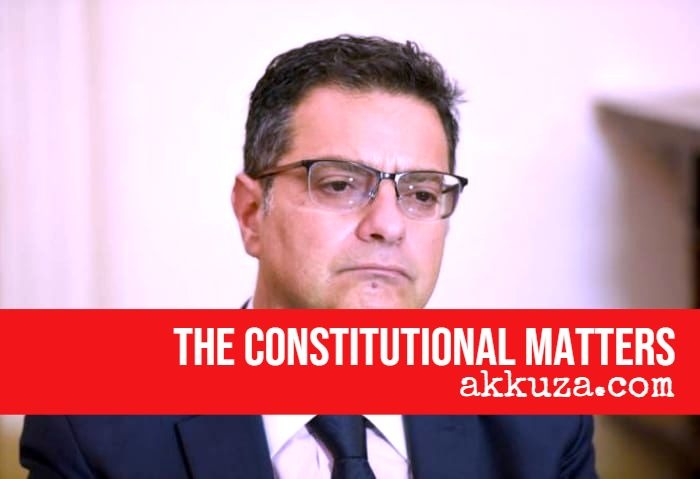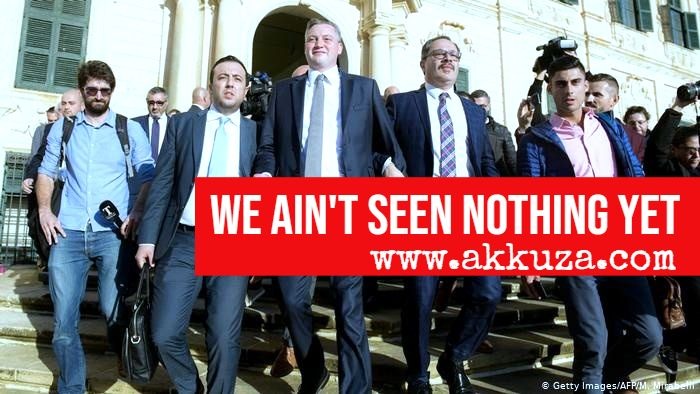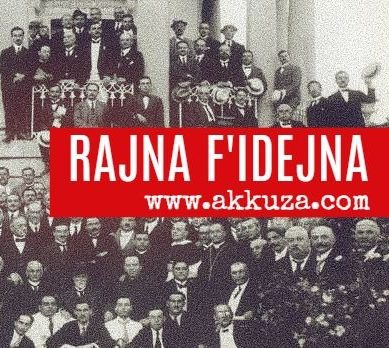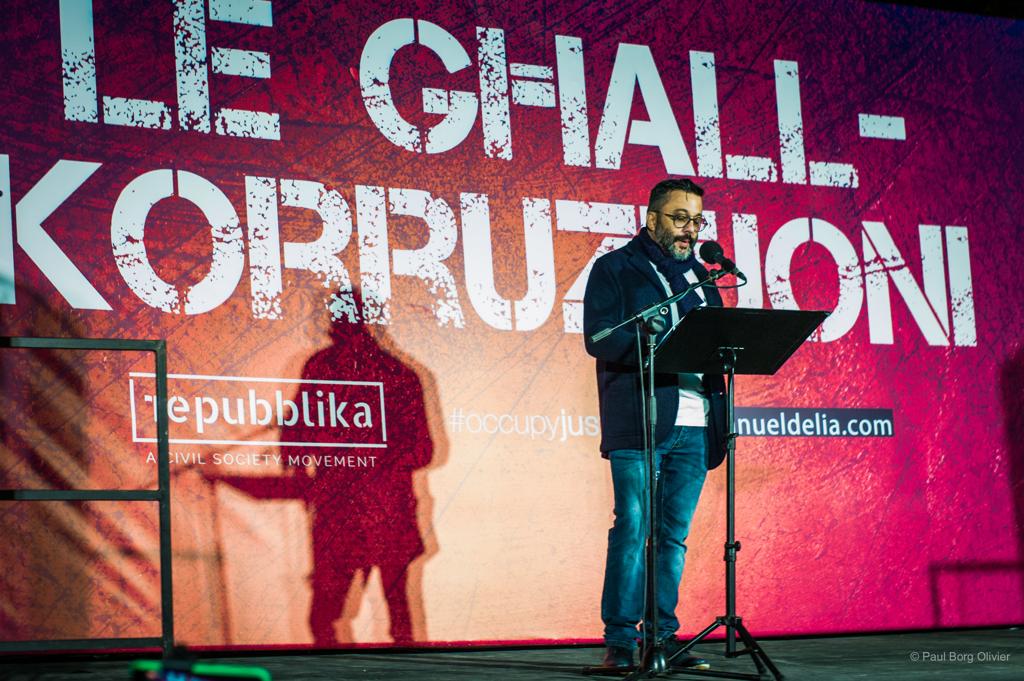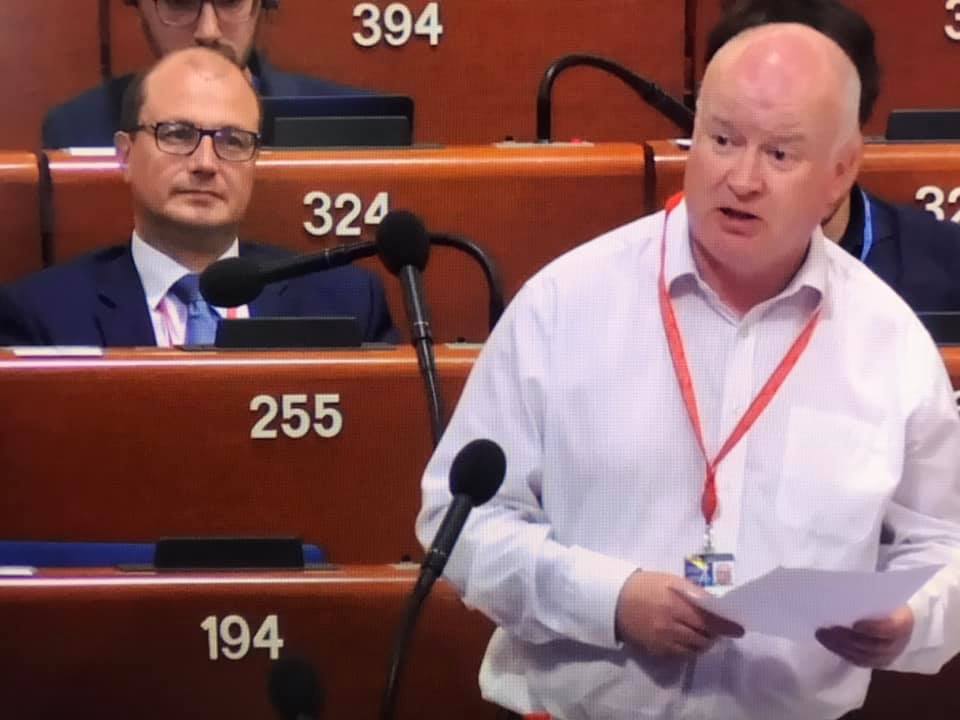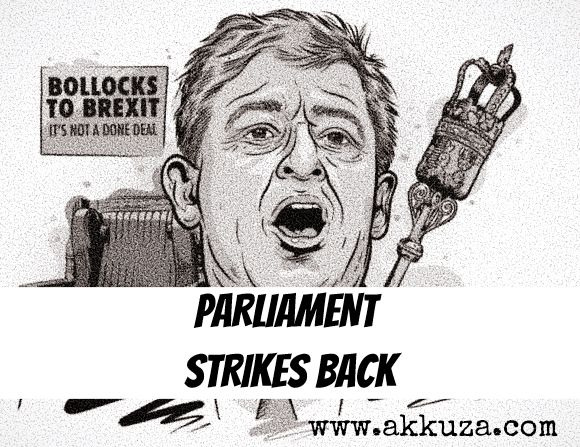As Malta braces itself for an invasion of constitutional experts I thought it would be opportune to throw my hat in the ring with a short series of Constitutional posts related directly or indirectly to what is happening at the moment.
The matter of who is the de iure and de facto Leader of the Opposition is the current hot potato just as the hapless Delia has lost a vote of confidence among the nationalist MPs. That vote confirmed that Delia no longer ‘commands the support of the largest single group of members of the House in opposition to the Government who are prepared to support one leader’. The words in quote are taken from article 90(2)(b) of the Constitution and as we shall see they are part of a conundrum relating to the appointment, tenure and removal of the Leader of the Opposition under our Constitution.
I say conundrum with intent. The whole of article 90 presents us with a series of alternative situations that should they occur would lead to the appointment or removal of a Leader of the Opposition.
Appointment
Unlike in the case of the appointment of the Prime Minister, political parties are mentioned when it comes to the choice of Leader of Opposition. Article 80 concerning the appointment of the Prime Minister in fact refers to the member ‘best able to command the support of a majority of the members of that House’. Article 90 on the other hand is the only article in the constitution to refer to the leader of a political party.
So, insofar as the appointment of the leader of the opposition is concerned, the first option for the President (article 90(2)(a)) is triggered if there is one opposition party whose numerical strength is greater than any other opposition party (in our case PN is larger than PD). In such a case the President will appoint the leader of that party as Leader of the Opposition.
In the hypothetical situation that no one opposition party is larger than the other (equal number of MPs) or there is no opposition party (all MPs are independent in opposition) then the President has to look for the person who commands the support of the largest group of members in the opposition. In this case no reference is made to party leadership. (article 90 (2)(b)).
Vacancy
Article 90(3) gives us all the options when the office of the Leader of the Opposition becomes vacant. The obvious reasons are when there has just been an election (dissolution of parliament) or if the leader of the opposition has ceased to be a member of the House. There is a final option which is covered by Article 90(4) which covers revocation of his appointment,
Revocation
If , in the judgment of the President, a member of the House of Representatives other than the Leader of the Opposition, has become the Leader in the House of the opposition party having the greatest numerical strength in the House or, as the case may be, the Leader of the Opposition has ceased to command the support of the largest single group of members in opposition to the Government, the President shall revoke the appointment of the Leader of the Opposition.
Article 90(4), Constitution of Malta
This sub-article really provides two alternatives. First of all we have the situation where the Leader of the Opposition is replaced as leader of his own party. Presumably this would mean that there has been a move within the party and the Leader was voted out with a new one voted in. That automatically triggers a change in the office of the Leader of the Opposition.
The second, more delicate, alternative occurs where the Leader of the Opposition ceases to command the support of the largest single group of members in opposition. No more talk of political parties here. The measure is clear – if the Leader of the Opposition no longer enjoys the confidence of a majority among the opposition members then the President must revoke his appointment.
Now the vote of confidence taken at PN HQ is clear. Of the 30 PN MPs 19 voted against Delia (17 of these are MPs, 2 (Metsola and Casa) are MEPs). 10 voted in his favour (and Delia himself). We do not even need to factor in the two other Opposition MPs from the third party (PD) because that still leaves Delia in a minority. There should be no way out constitutionally for Delia.
The Presidents’ prerogative is qualified with the words “in his judgment” though I doubt if George Vella can come up with a plausible reason to deny all evidence pointing to the obvious. Delia no longer commands the confidence of a majority of opposition MPs. His appointment to Leader of Opposition should be revoked.
Political Party Leadership
Delia is pandering to the harridans and populists with his calls to respect the vote of the tesserati. He is using that excuse to cling to his position as Leader of the Opposition. As we have seen though the two posts are not linked directly. Rather, that vote of confidence has effectively ended Delia’s tenure as Leader of the Opposition both de iure and de facto. What remains to be done is for George Vella to snap out of “standby” mode and revoke his appointment.
For the time being Delia can cling to the leadership of the party with desperate claws. It would not be the first time that he prioritises his own aims over the needs of a nation and of his own party. Meanwhile the ‘rebel MPs’ need to get going. There is a constitutional role that needs filling. Finding one among them to fulfill the duties of leader of Opposition should not take too long. Also, if the President drags his feet any longer on the revocation they might need to up their ante by walking up to his door and presenting their chosen candidate.
And the UK
Interestingly enough our former colonial overlords who bequeathed upon us a particular form of parliamentary democracy have a peculiar way of identifying the Leader of the Opposition. It is not the Queen (in lieu of our President) who determines the leader but the Speaker of the House – and this only in case of dispute. The accepted choice is normally, as in Malta, the Leader of the largest party in Opposition. However under the Ministerial and Other Salaries Act (1975), we find the following provision:
(1) In this Act “Leader of the Opposition” means, in relation to either House of Parliament, that Member of that House who is for the time being the Leader in that House of the party in opposition to Her Majesty’s Government having the greatest numerical strength in the House of Commons; and “Chief Opposition Whip” means, in relation to either House of Parliament, the person for the time being nominated as such by the Leader of the Opposition in that House; and “Assistant Opposition Whip”, in relation to the House of Commons, means a person for the time being nominated as such, and to be paid as such, by the Leader of the Opposition in the House of Commons.(2) If any doubt arises as to which is or was at any material time the party in opposition to Her Majesty’s Government having the greatest numerical strength in the House of Commons, or as to who is or was at any material time the leader in that House of such a party, the question shall be decided for the purposes of this Act by the Speaker of the House of Commons, and his decision, certified in writing under his hand, shall be final and conclusive.
Ministerial and Other Salaries Act (1975), Article 2
